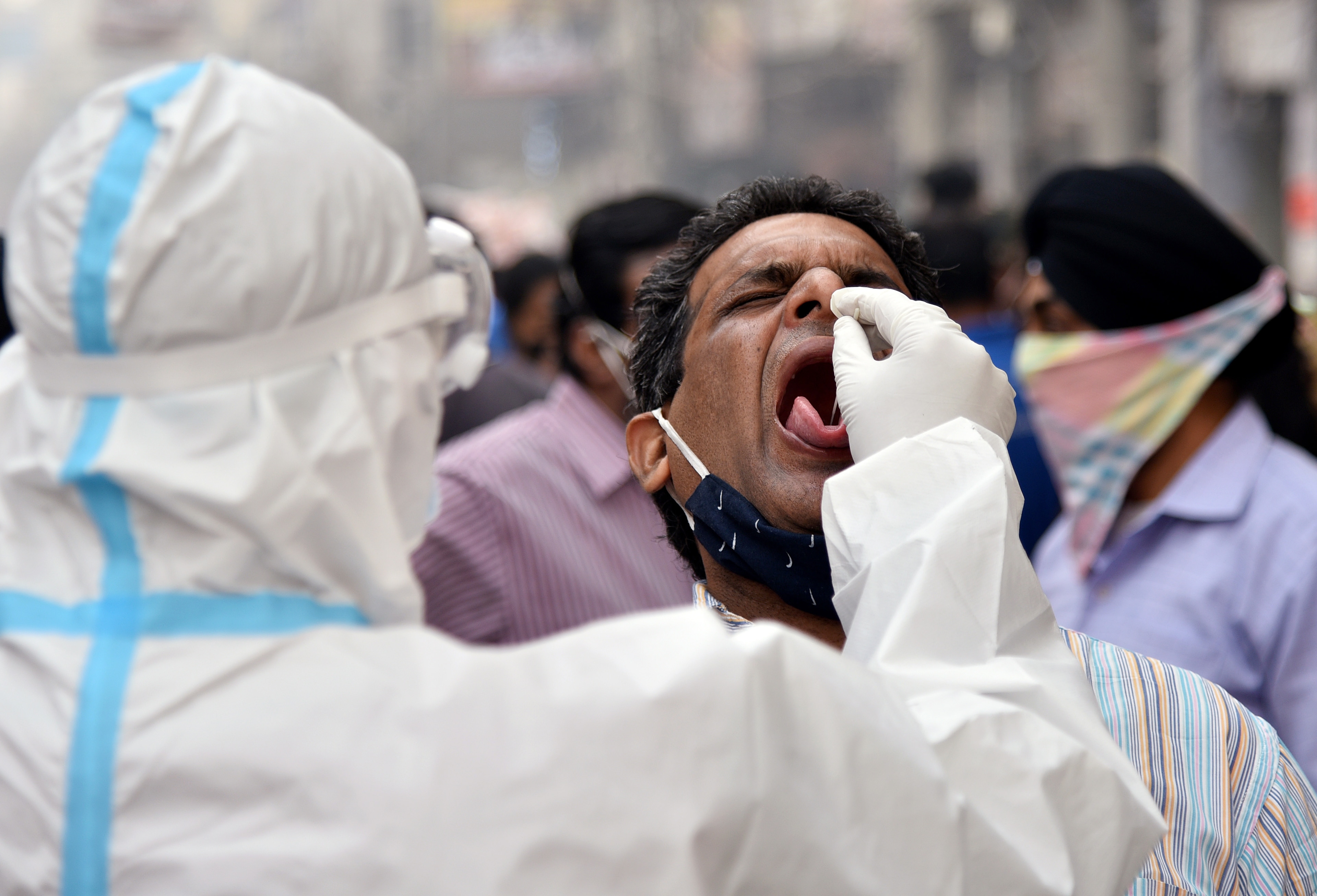India has a population of over 138 crores of whom 1 in 6 live in slums. Given the nature of the pandemic, it is essential to create and foster contextual, culturally appropriate, empathic, agile systems, mechanisms and processes that will protect the health and well-being of the most marginalized while also ensuring that our frontline health workers and hospitals are not triaged.
The answer lies in Tele-Care. Tele-Care goes beyond Tele-Health and beyond Tele-Counselling offering synthesized, layered services. At the last mile – which is where our health systems may find it difficult to reach due to a plethora of hurdles – be it accessibility of communities, affordability etc.- poor populations lacking access to health services under normal circumstances, find themselves in dire straits at the time of crisis.
Acute illnesses and chronic diseases induce out of pocket expenses pushing communities further into poverty. Social hurdles and limited access to health care leads to them seeking healthcare only when unable to manage livelihood or faced with catastrophic illness that renders them bed-bound. This in turn ends up creating triaging at health systems, which during a pandemic put frontline health workers at added risk.
While it remains unsafe for the community to access in-person health-care, the health-care system continues to deal with loss of workforce, extended hours, insufficient PPE and constant risk of contracting COVID-19 because of the high burden of exposure. One way of supporting the health system is through innovations such as Tele-Care, which significantly reduces footfall, ensures maintenance of social distancing norms, yet offering the opportunity to not break the continuum of care.
The pandemic has unboxed anxieties – from loss of livelihoods to housing issues to distress migration leading to resources like food and water being stretched in different parts of the country. On the other hand, it has limited the ways of mitigation. Traditionally institutions like schools, anganwadi centres or practices such as home visits by community workers, meeting of self-help groups etc., created a space for mitigation of stressors – formal or informal. Plus, the risk of abuse and gender-based violence has increased with closer proximity of individuals with their abusers and constraints of space and resources.
The COVID-19 pandemic has also brought to fore, the digital divide. Issues of accessibility, affordability is now compounded with whether an individual has and can use a smartphone or internet enabled device to seek help. Simultaneously, the stigma around COVID-19 continues to be a reality. Individuals who suffer from influenza-like illness (ILI), which could be SARS-CoV-2 (COVID19) are often afraid to seek care due to fear of stigmatization.
With Tele-Counselling, these concerns including addressing stigma and fears associated with it,issues of mental well-being, stress, anxiety, creating pathways of safety, security and justice, can be discreetly addressed. And Tele-Health has doctors, nurses and wellness facilitators who can advise, offer check-ins and partner the individual and their family for good health as well as conduct risk assessments for chronic health issues. With Tele-Care, we take it further ahead.
Tele-Care was born out of the recognition that there needs to be one platform that can support health, counseling, social protection and financial inclusion needs – with an online and offline methodology for better reach. The platform needs to be localized, so that the communities are speaking to people who understand their context and it needs to be trust-worthy. Layering on the offline component helps meet a range of requirements – referrals, elder-care and support, protection from domestic violence, food supplies, assistance in social protection applications, financial inclusion- and more – all of it making it a robust community based safety net that protects the most poor, marginalized and vulnerable – from several stressors and promoting good health and well-being. Tele-care is a community institutional mechanism that ensures good health and well-being by protecting individuals from key stressors therefore leading to lesser triaging of health systems while simultaneously containing COVID-19.
When a community member has access to a phone number that is answered by a real person, who is trained to provide them support, trusted information and offers complete confidentiality, the service becomes a crucial tool aiding their wellbeing.
Imagine an elderly member of the community who is at a much higher risk of getting infection by COVID-19 being able to speak to a trained nurse about the care she requires to manage her diabetes- not just through medication but also nutrition advice. She does not need to endanger her wellbeing by stepping out of her home to get this support. All she has to do is make a call to the toll-free number, and the nurse is available to walk her through management of her diabetes.
Tele-Care when combined with actual on-ground support services not only eases the burden on the health system but also becomes an easy to use, accessible and affordable partner in health at the last mile – critical to containing COVID-19.
Disclaimer
Views expressed above are the author’s own.
END OF ARTICLE








You must log in to post a comment.